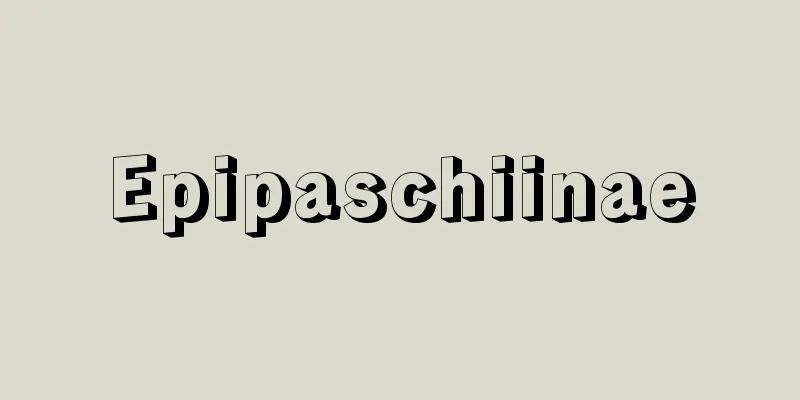Lead Glaze - Namariyuu

|
A glaze that uses lead as a solvent. It has a low melting point. It was used early in ancient Mesopotamia, through the Roman period, and on to modern European pottery. It has been used in China since the Han dynasty. It was introduced to Japan during the Tenpyo period, and is still used widely today. Source: Encyclopaedia Britannica Concise Encyclopedia About Encyclopaedia Britannica Concise Encyclopedia Information |
|
媒溶料として鉛を使った釉 (うわぐすり) 。溶融度は低い。古代メソポタミアで早くから使われ,ローマ時代を経て近代ヨーロッパ陶器にまで受継がれた。中国では漢代から使われている。日本へは天平時代に伝来し,現在も広範囲に用いられている。
出典 ブリタニカ国際大百科事典 小項目事典ブリタニカ国際大百科事典 小項目事典について 情報 |
Recommend
Isshiki Doyu
…The prince called the Taniyama Palace his base i...
Great wish - Gugan
〘Noun〙 Buddhist term. ① A grand vow to save all li...
supparum
…Women wore a tunica that reached down to the ank...
Bēssos (English spelling)
…The vast amount of precious metal bullion that w...
Osatsuma Shuzendayu - Osatsuma Shuzendayu
Born: 1695 (Genroku 8) [Died] 1759 Head of the Osa...
Xiang Ying - Kouei
A leader of the Chinese Communist Party. His cour...
Historical geography - English
A field of geography that uses documentary source...
Mylonite
Also known as crushed rock or mylonite. A represen...
Equus asinus africanus (English spelling) Equusasinusafricanus
… [Yukio Taniguchi]. … *Some of the terminology t...
Eight outer temples
A group of Tibetan Buddhist temples in Chengde Spe...
nature morte (English spelling) naturemorte
...Although it is not uncommon for small living a...
domed hut
...This has the minimum function for humans of ke...
Big-flat-headed flying cricket - Big-flat-headed flying cricket
...In Japan, Paragonimus westermanii was previous...
Cooling off
A system that allows consumers to unilaterally ter...
Drug metabolism
Drugs are primarily taken for the purpose of treat...





![Ichihasama [town] - Ichihasama](/upload/images/67caed16057bb.webp)



